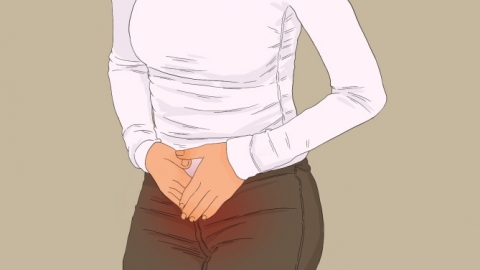Can high-risk HPV be transmitted by touching one's own genitals and then touching someone else's?
Under normal circumstances, touching will not cause transmission if there is no residual HPV virus on the hands and the skin or mucous membranes are intact. If abnormal symptoms occur after potential exposure, it is recommended to seek medical evaluation promptly. The detailed analysis is as follows:

HPV is primarily transmitted through direct contact with infected areas. If hands touch sites infected with high-risk HPV and are not cleaned promptly afterward, subsequent contact with another person's healthy skin or mucous membranes may lead to indirect transmission due to viral residue. However, if hands are thoroughly washed with running water after contact, or if the contacted skin area is unbroken, the virus will find it difficult to breach the skin barrier and establish infection.
If the person’s hands have open wounds, or if the person being touched has minor injuries on genital mucosa, the virus may still enter through these damaged areas even with incomplete cleaning. Should redness, swelling, abnormal discharge, or persistent discomfort appear after contact, prompt medical assessment is necessary. Specifically, viral transmission requires sufficient amounts of live virus to come into contact with susceptible cells. Intact skin acts as a physical barrier, while wounds or damaged mucosa provide entry points for the virus.
In daily life, it is important to maintain hand hygiene, avoid direct contact with others' private areas, and wash hands properly and promptly after any such contact.






